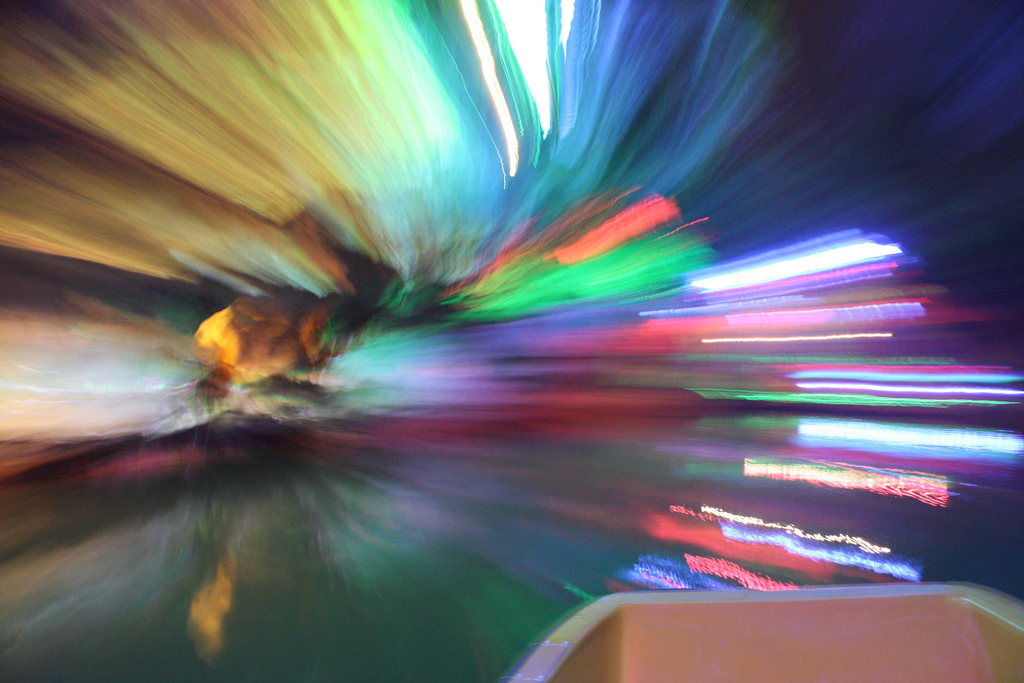
Euphoria is described as an exaggerated or abnormal sense of physical and/or emotional well-being. Following a migraine, it is commonly reported that individuals feel depressed and wiped out but there are also some who describe feeling euphoric. In order to understand where euphoria fits into the migraine menagerie, it’s important to first understand the fourth stage of the migraine lifecycle.
Postdrome
Not every individual will experience every phase of the migraine lifecycle but nearly 68% of migraine sufferers report experiencing postdrome, which can last several hours or days after a migraine subsides. In the postdrome phase, individuals feel:
-
Exhausted
-
Weak
-
Irritable
-
Depression or Euphoric
-
Digestive problems
-
Scalp tenderness
This phase is often described as a “migraine hangover” or the “zombie” phase of a migraine episode because of the mental fogginess that individuals experience. Of the four phases, it is the least studied despite playing host to a high percentage of migraine experiences.
What Causes Euphoria in Postdrome?
Migraine sufferers are often prescribed an arsenal of medications to help curb episodes but those medications could be influencing more than just pain symptoms. Dopamine is a chemical that enables positive emotion and is the key contributor to euphoria. Serotonin, another chemical that helps to carry nerve signals, is also thought to influence euphoria. One theory is that migraine medication may heighten the levels of dopamine and serotonin, resulting in a state of euphoria.
Anxiety may also be a surprising link to euphoria in migraine sufferers. Anxiety is the feeling of nervousness, discomfort or over concern that is usually associated with an impending event or unpredictability about something. These feelings can oddly result in a state of euphoria. In individuals that experience this outcome to anxiety, euphoria is the default emotion that replaces the negative feelings experienced during states of anxiety. It’s as if the brain is trying to overcompensate, flooding individuals with an overwhelming sense of relief or a rush of energy after an anxious episode.
In general, patients who experience euphoria following a migraine don’t mind. It’s one of the more positive side effects, after all. But it’s important for individuals to recognize that their heightened positive perspective during this time may not be entirely proportionate to reality and so, should take great care and consideration when making choices while recovering from their migraine attacks.
Image Credit: revdode

